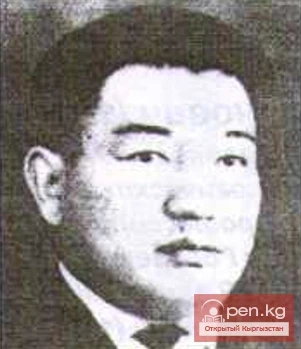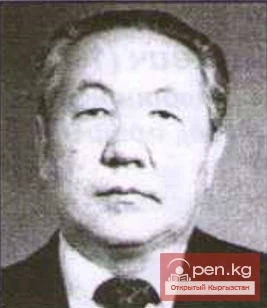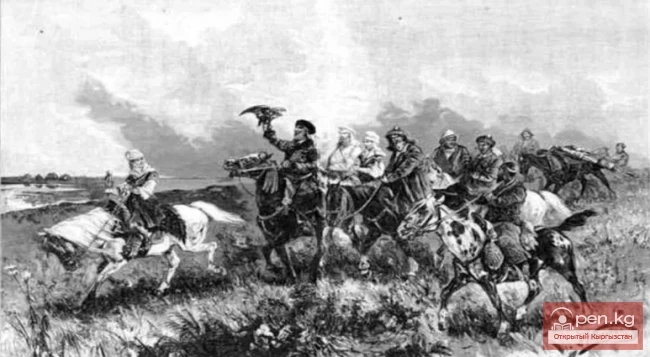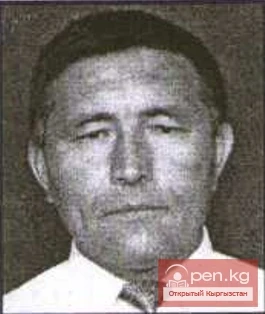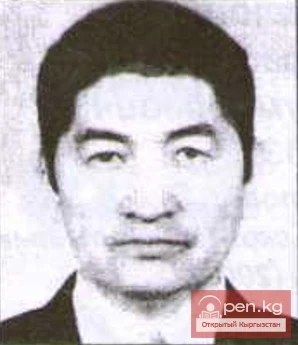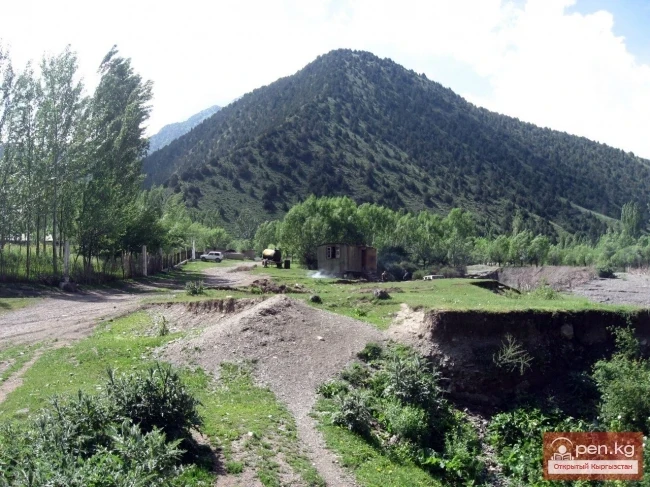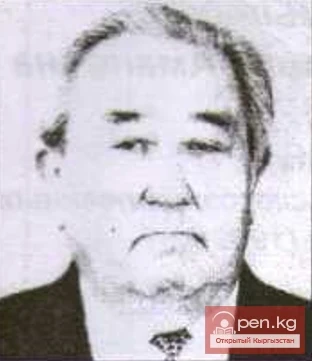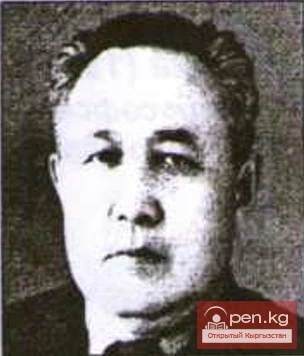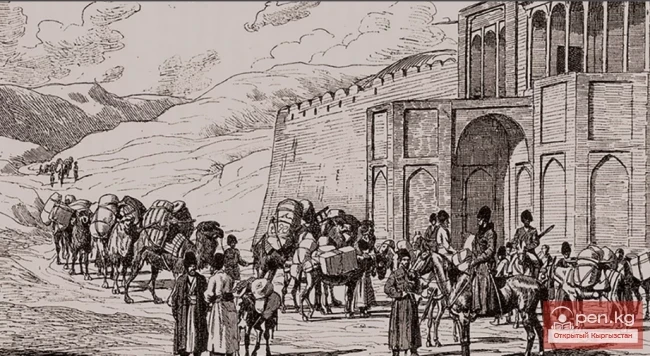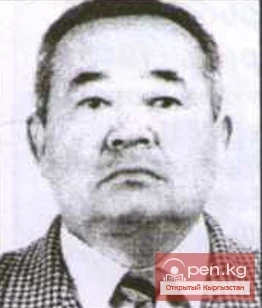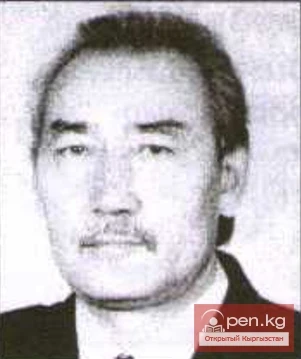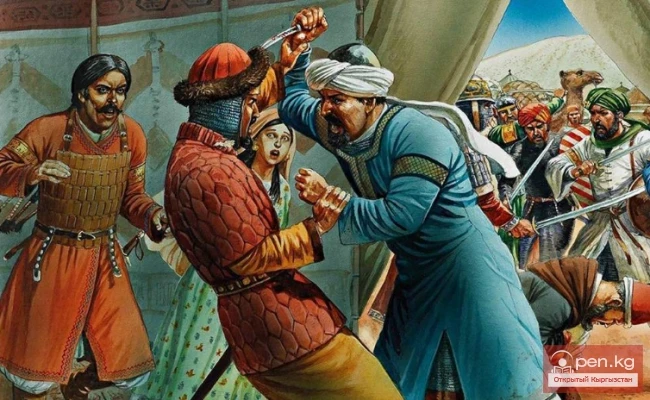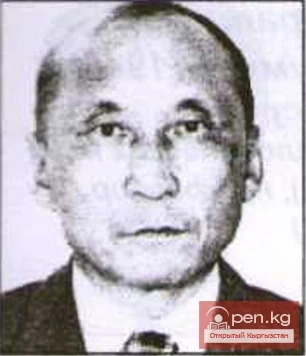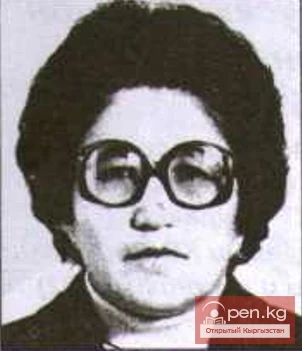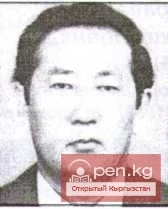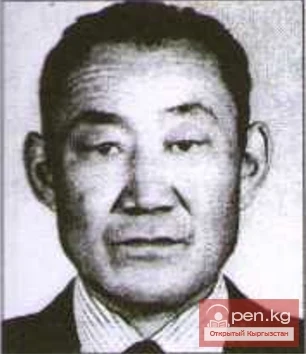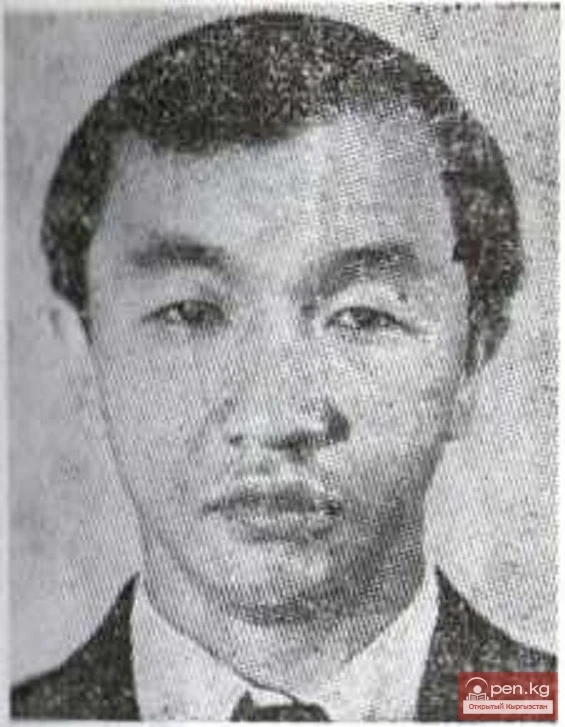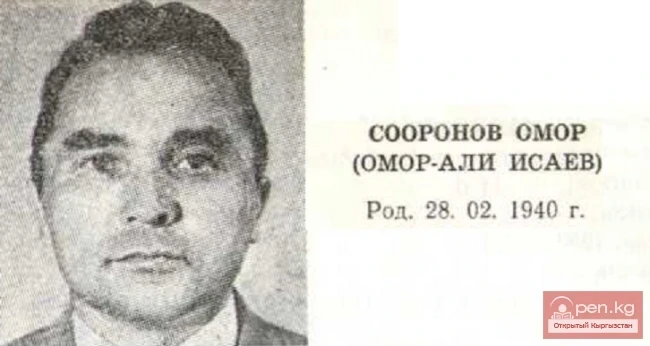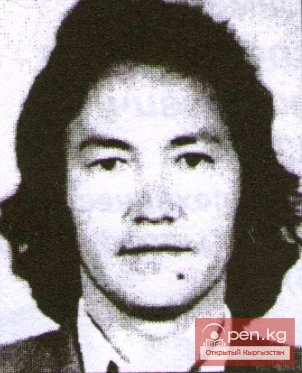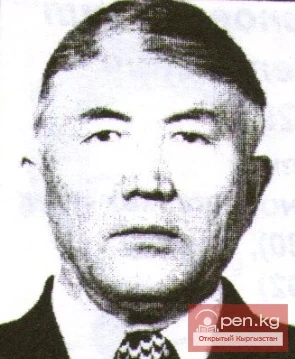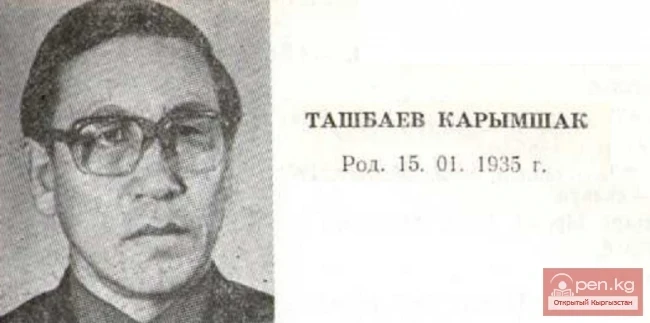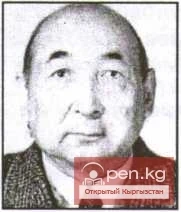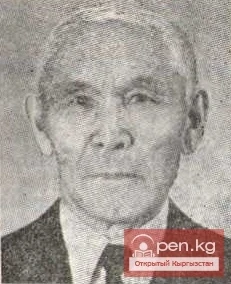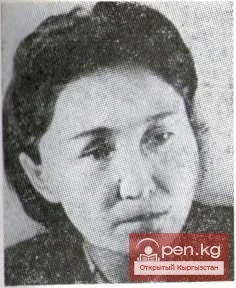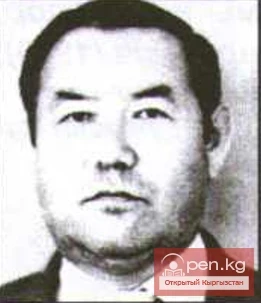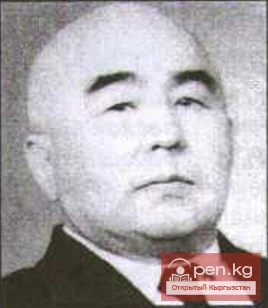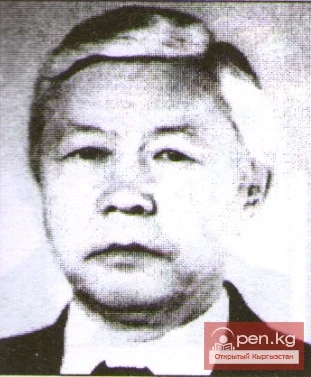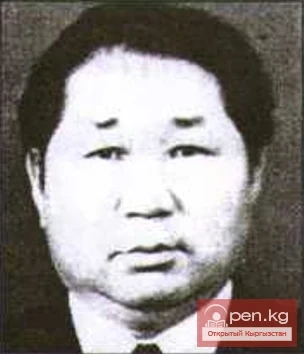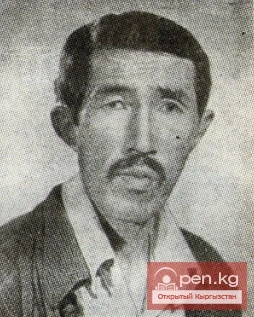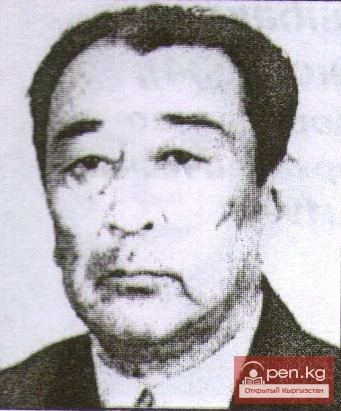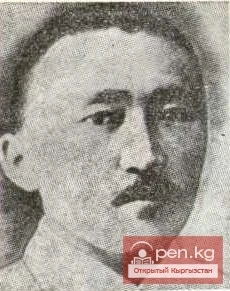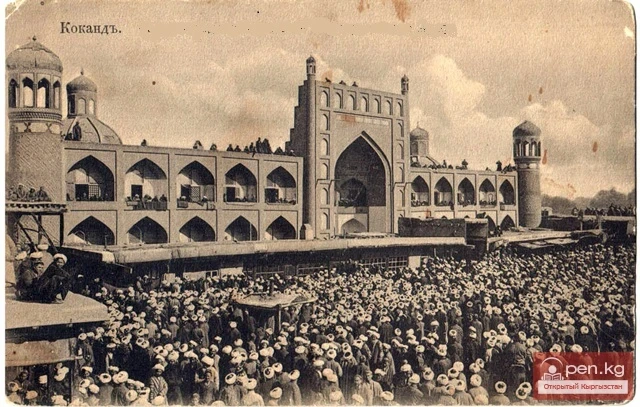
In the Struggle Against the Kokand Rulers
Starting from the 1760s, the rulers of the Kokand feudal domain (later a khanate), seeking to expand its territory at the expense of southern Kyrgyz lands, turned their greedy eyes towards the city of Osh.
Even at that time, Osh played a significant role in the political history of the Kokand Khanate. Narrative sources briefly mention that its ruler was the feudal lord Hadji-biy, considered the head of the large Kyrgyz clan Adygene within the tribe of Ichkilik. This was a large tribal union in Southern Kyrgyzstan, settled in Alai and the Pamir-Alai mountains, also migrating in the Osh district. It included both numerous "newcomers" and the local Kyrgyz population, who had lived on the territory of Pamir-Alai since ancient times.
As the ruler of Osh, Hadji-biy, as indicated by Eastern sources, could muster "200,000 people from the Burut horde, scattered from Bukhara to the East." This data (even if the figures are exaggerated) indirectly indicates that the city of Osh had significant political importance in Fergana in the mid-18th century.
Another Kyrgyz tribal ruler from the Ichkiliks, Kubat-biy (or Kavad-mirza), also played a major role during this period. According to Bukhara chronicles, he was "a companion and support of Irdana" — the Kokand ruler. Initially an ally, he was later suspected of treason and unexpectedly left Irdana-biy, which doomed him to defeat in the struggle against the ruler of Uratyub. Kubat-biy simply "took all his Kyrgyz and departed." His power and strength were such that Kubat-biy established diplomatic relations with the Qing Empire, corresponding not only in his own name but also on behalf of his ally — the ruler of Kokand. It turned out that Kokand and Osh were acting as equals on the international stage, particularly in contacts with the neighboring Qing Empire.
However, as the Kokand domain strengthened and rose, its rulers began to view neighboring cities as desirable objects of conquest. In 1762, Irdana-biy, taking advantage of inter-feudal strife among the Kyrgyz, attacked them, devastating their lands "in the country of Uze" (Uzgen). The pretext for this was the robbery of Kokand merchants by Kyrgyz feudal lords (from the Adygene clan). The ruler of Osh, Hadji-biy, leading the united forces of the Ichkiliks, Adygenes, and Mongoldor, opposed Irdana but was defeated. The Kokand forces captured the city of Osh, hypocritically claiming that it had allegedly belonged to Kokand for a long time and was now returned to the khanate. The Kyrgyz troops retreated into the mountains but did not cease fighting. When two years later the Kokand ruler set out from Osh to conquer Khojent, Hadji-biy unexpectedly attacked the Kokand domain from the east. Irdana was forced to return and unleashed all his strength on the Kyrgyz. Hadji-biy was captured, but apparently not for long, as Osh is soon mentioned again as under Kyrgyz control. However, Osh was no longer able to seriously oppose the strengthened Kokand, and subsequently, in sources, it is referred to merely as one of the cities of the Andijan vilayet of the Kokand domain, and later as an independent vilayet. In economic documents of the Kokand Khanate from the 1850s to 1870s, "the vilayet of Osh" is often mentioned among other areas of the khanate subordinate to its capital — Kokand.
However, the majority of Kyrgyz tribes, it seems, had not yet submitted to Kokand. This is noted, in particular, by the "involuntary traveler" Philip Efremov. He was initially a Kazakh, then a Bukhara captive, who escaped through Osh to Alai and India at the end of the 18th century, circumnavigating Africa on an English ship and only returning to St. Petersburg through England. Here he soon published his notes, which quickly gained popularity, in which he recounted his "odyssey." So, F. Efremov narrates in his book that even in the 1770s, the southern Kyrgyz moved freely between Osh and Kashgar "in small herds," were practically independent, had their own "princes," and engaged in barter trade with Kokand. But this did not last long. Narbuta-biy gradually expanded his power over the surrounding territories where the Kyrgyz roamed. Having established himself in Osh and Alai, the Kokand feudal lords continued their predatory campaigns into other areas in southern Kyrgyzstan, in Ketmen-Tyube and to the north of the region.

